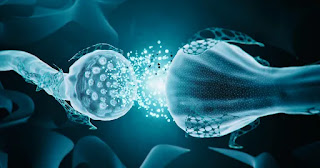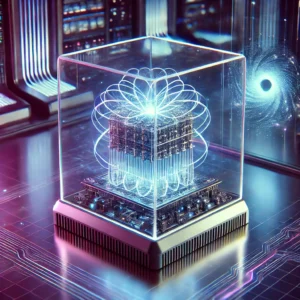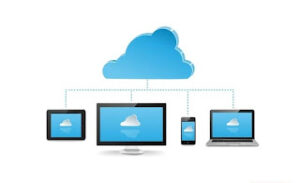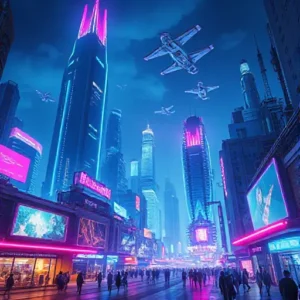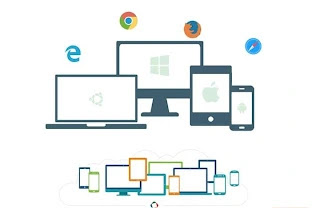Is There A Hologram That Touched?
This article explores the question of whether holograms can be touched, providing an overview of hologram technology and its limitations. It also examines the latest advancements in technology that are making it possible to create more tangible holographic experiences and considers the potential applications for this emerging field.
Holograms have been around for decades, and their ability to create 3D images has fascinated people for just as long. But one question that often arises is whether or not a hologram can be touched. The answer is both yes and no, depending on what you mean by “touched.”
A hologram is a 3D image that is created using laser technology. The image is not solid, but rather a collection of light patterns that our brains perceive as a 3D object. Because the hologram is made of light, it cannot be physically touched in the way that we touch solid objects.
However, there are ways to interact with a hologram that can give the impression of touch. For example, some holograms are designed to respond to touchless gestures, such as waving your hand over the image to make it move or change. Other holograms can be made to appear as if they are floating in mid-air, which can create the illusion of touching something that isn’t really there.
In recent years, there have been advancements in technology that have allowed for the creation of more sophisticated holograms that can be touched in a more tangible way. For example, researchers at the University of Bristol have developed a system that uses ultrasound to create a pressure field in mid-air, which can be felt by the user as a physical sensation. By combining this technology with holographic images, it may be possible to create a hologram that can be touched and felt as if it were a solid object.
So, while it may not be possible to physically touch a traditional hologram made of light, there are ways to interact with them that can create the illusion of touch. And with advances in technology, we may one day see holograms that can be touched in a more tangible way, opening up new possibilities for how we interact with these fascinating 3D images.
